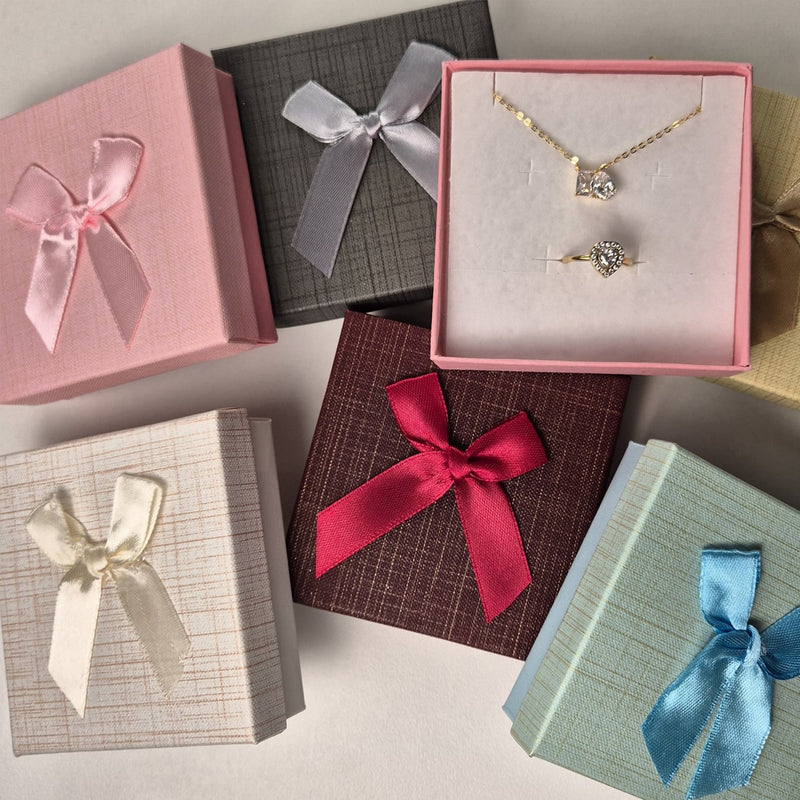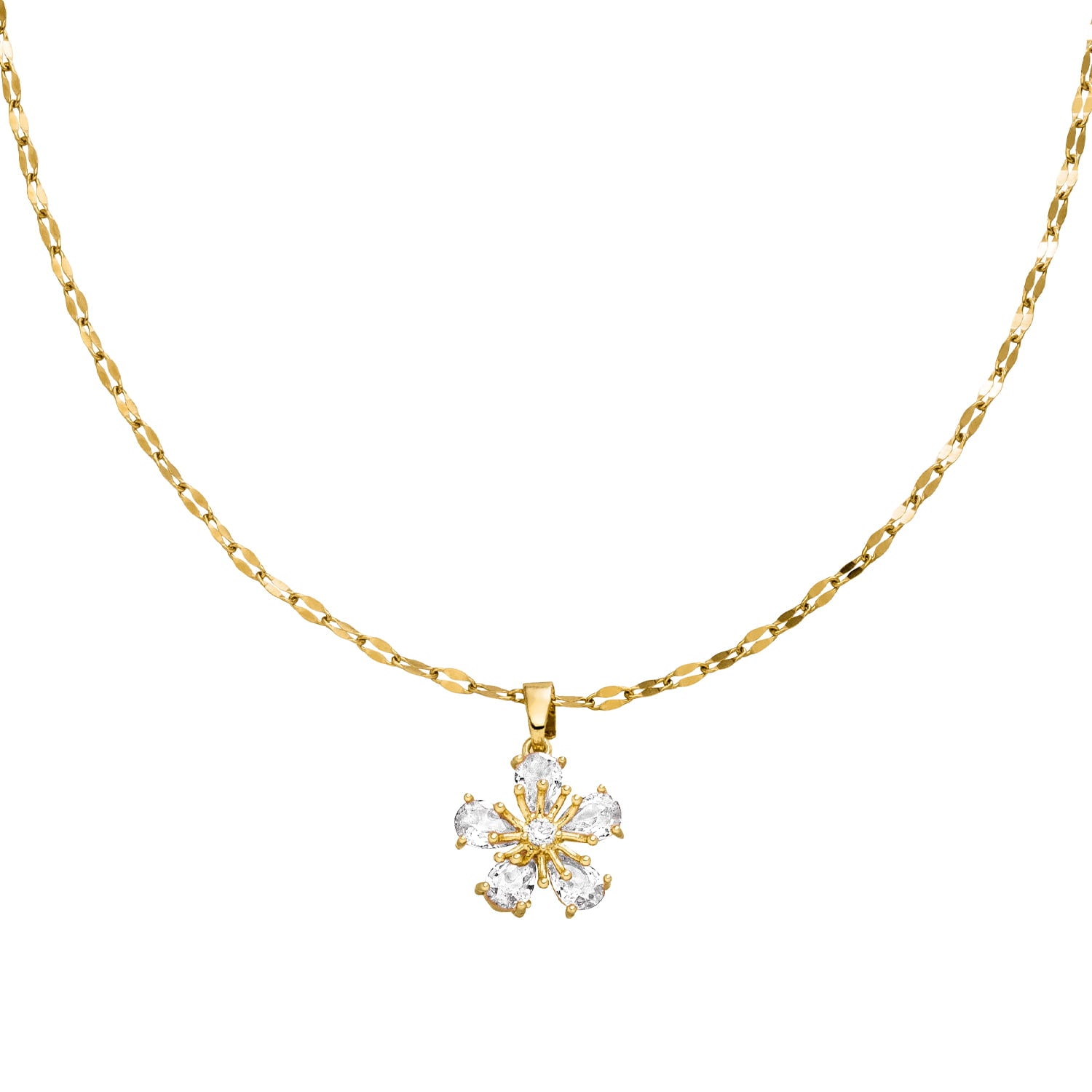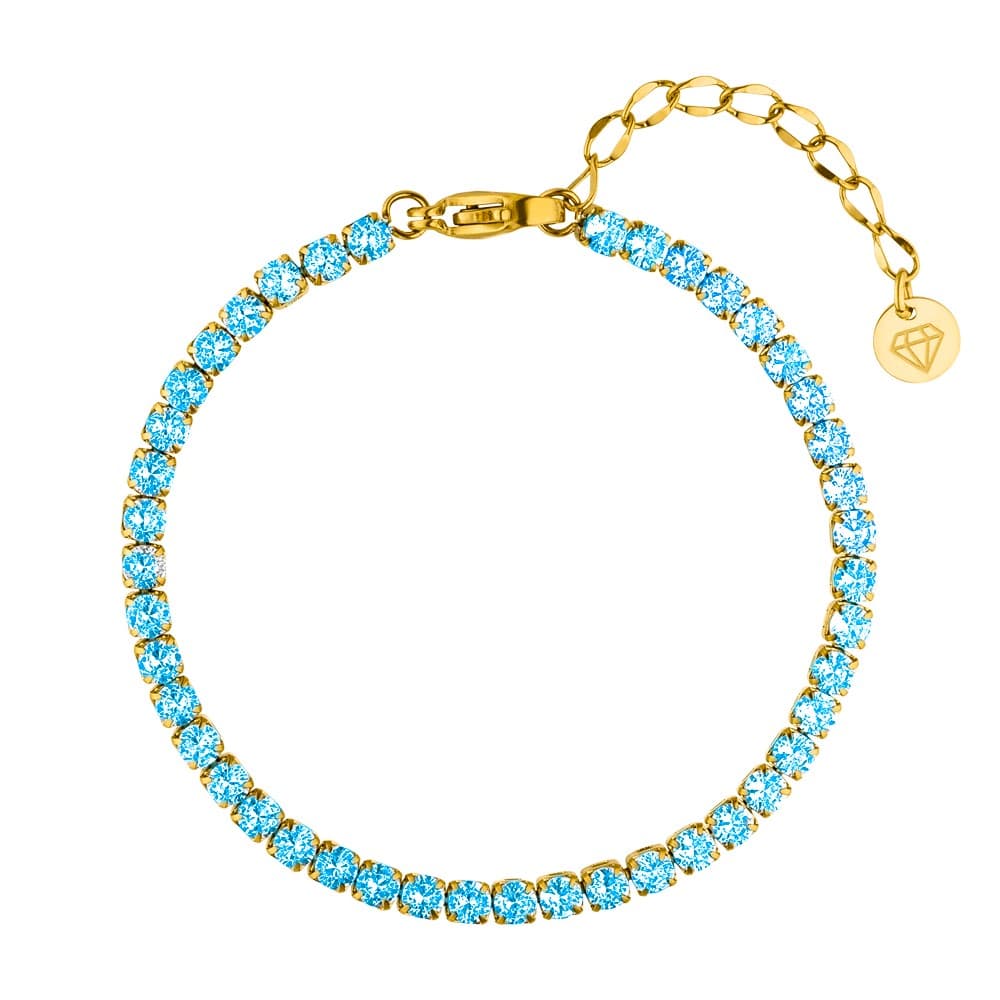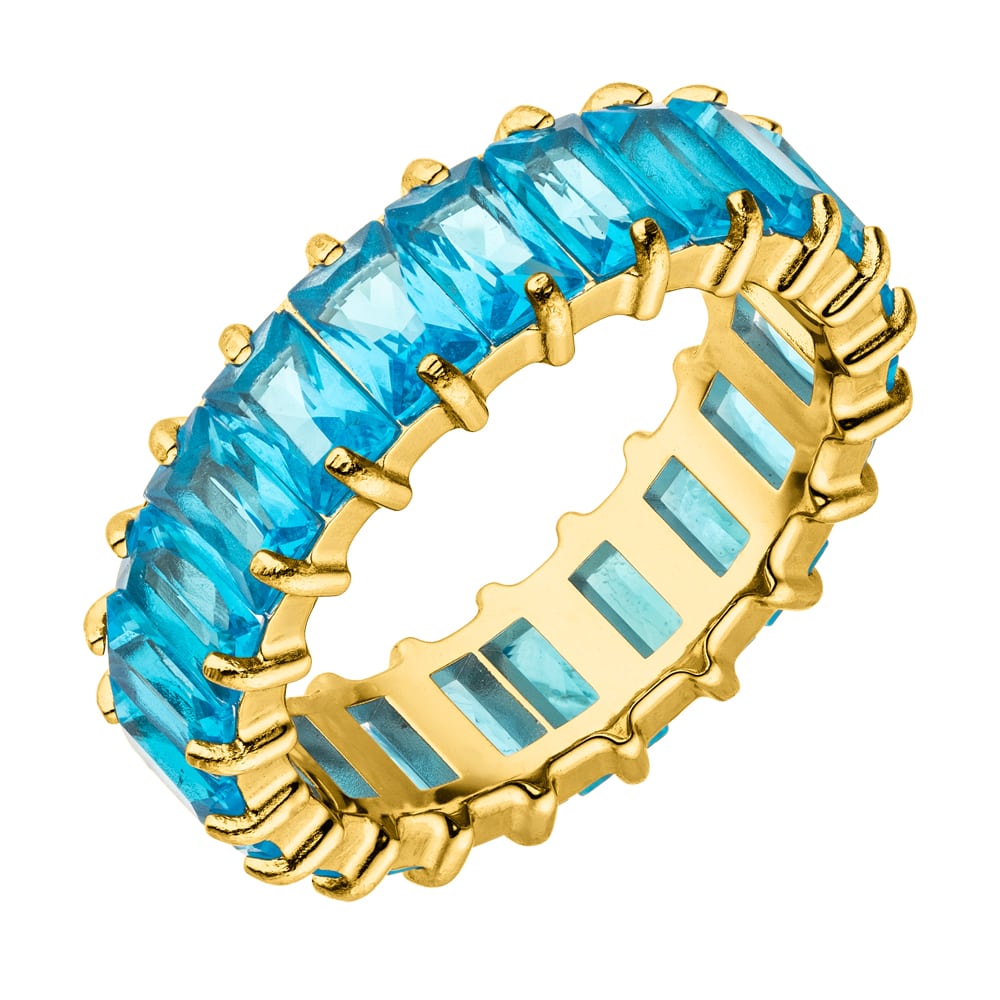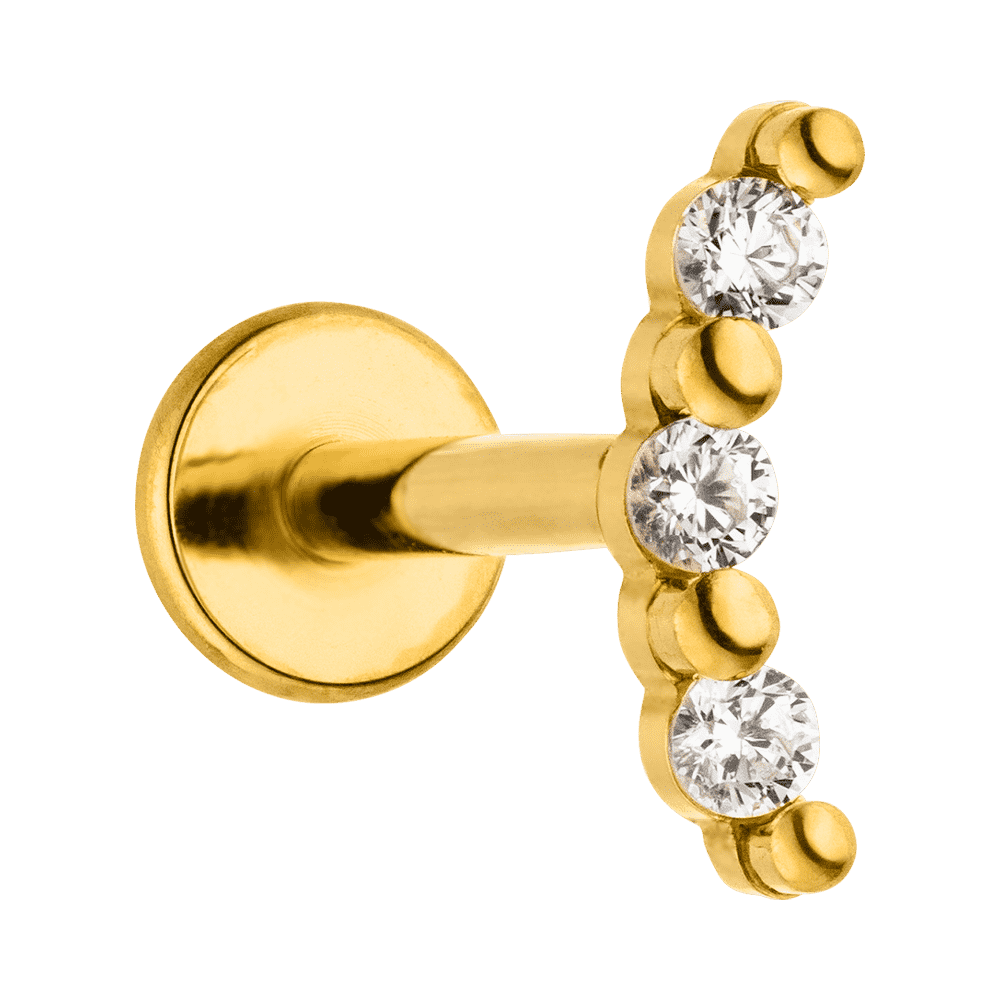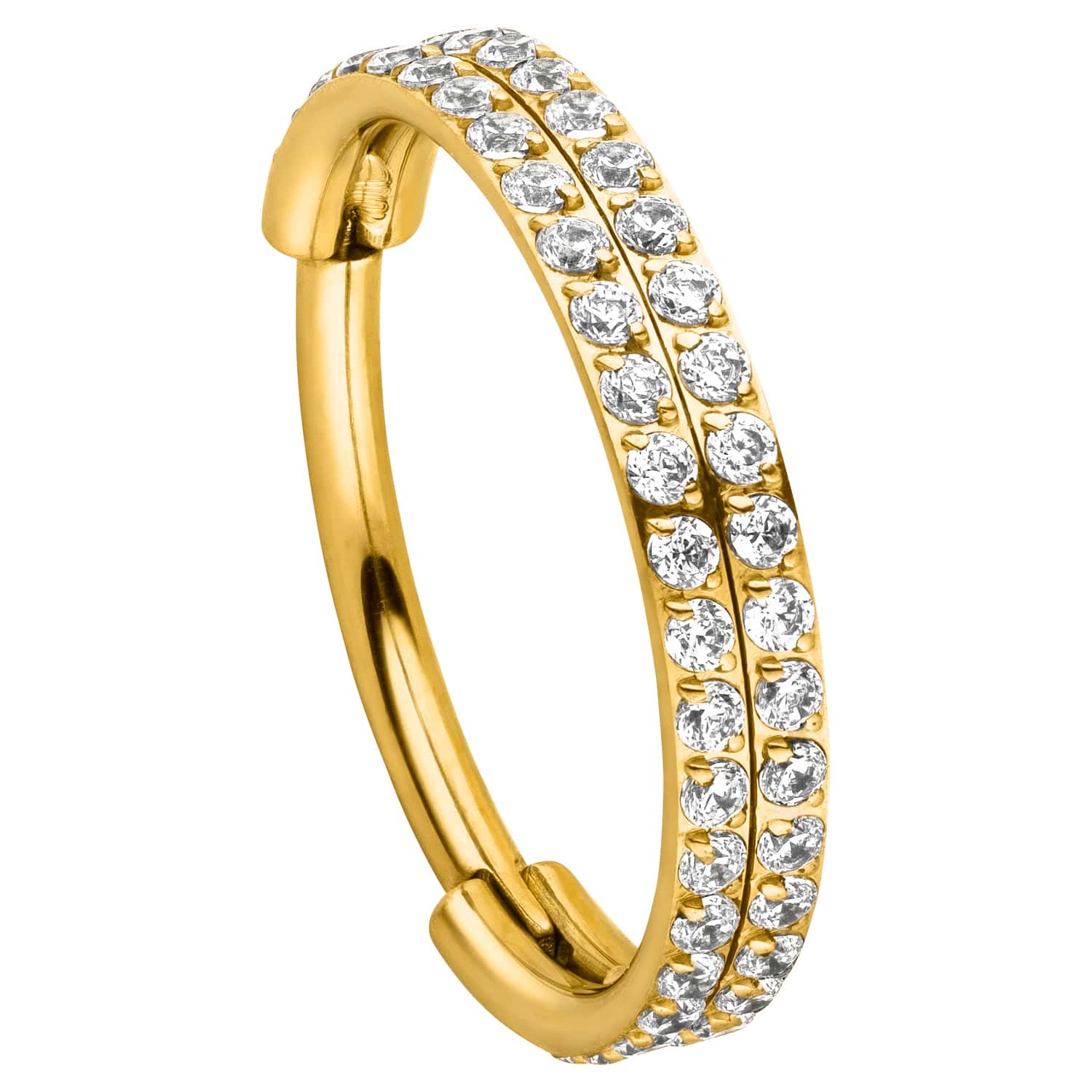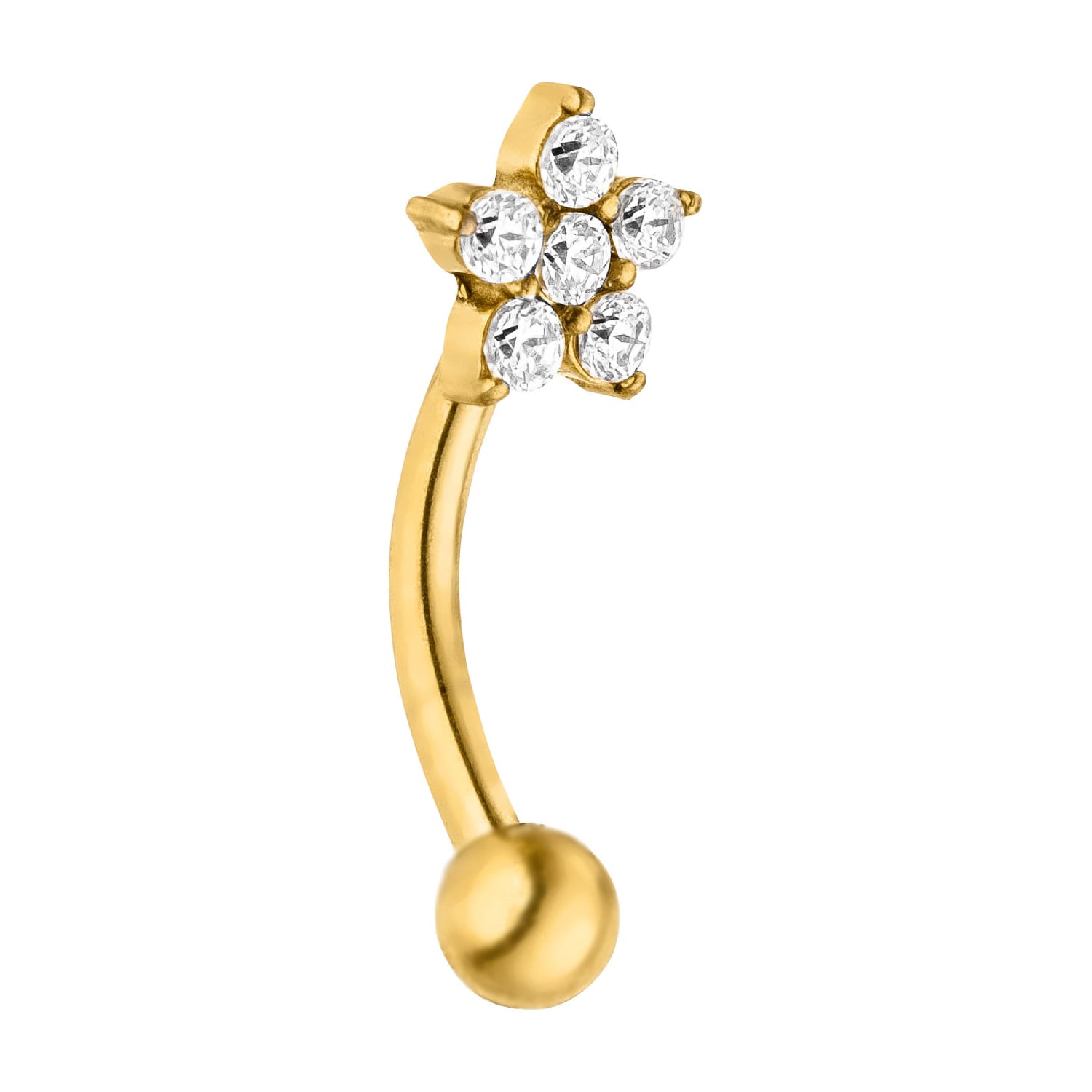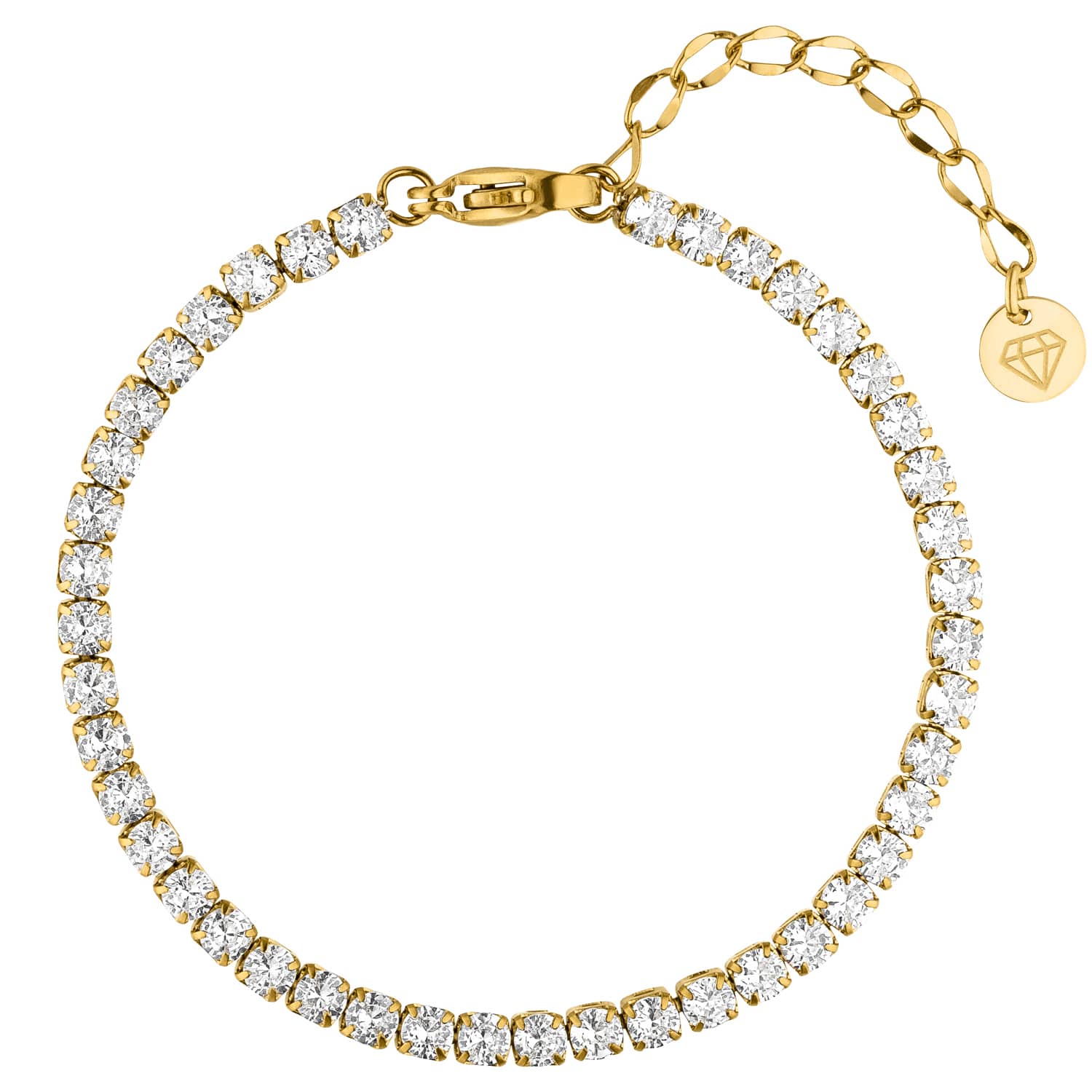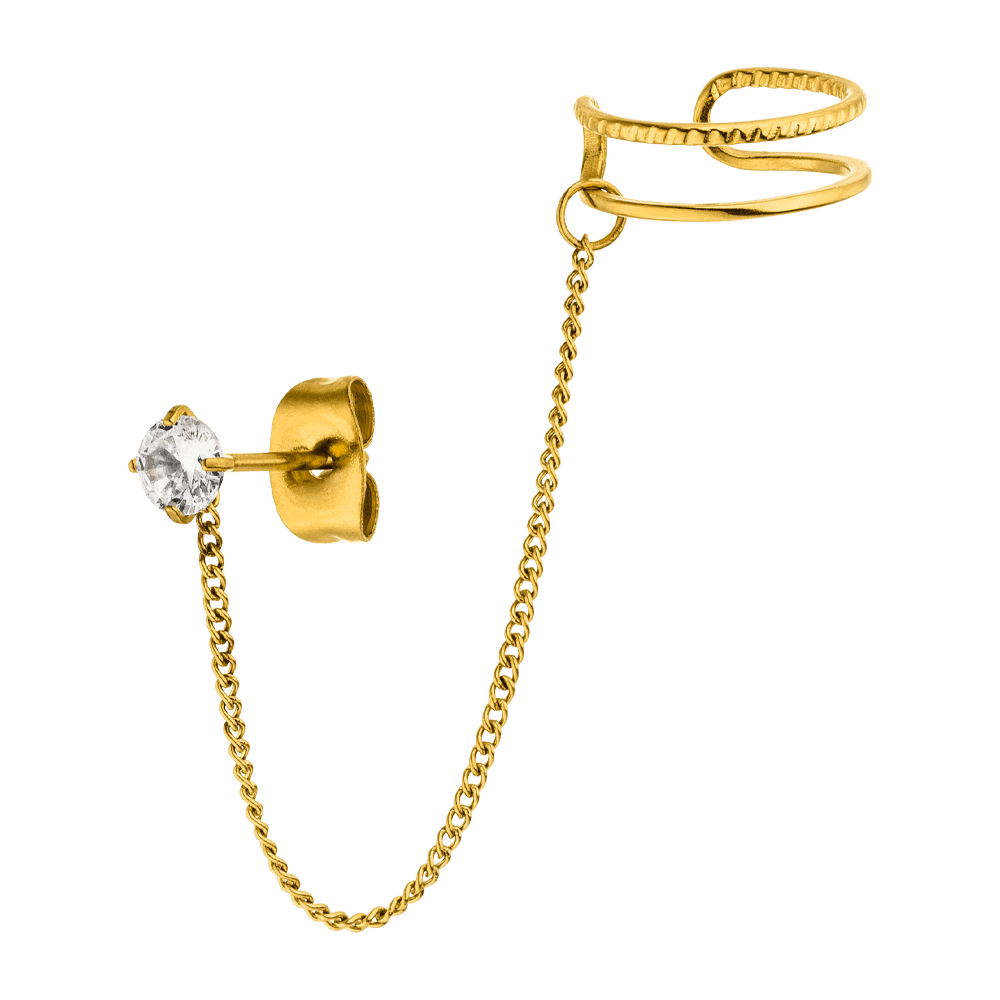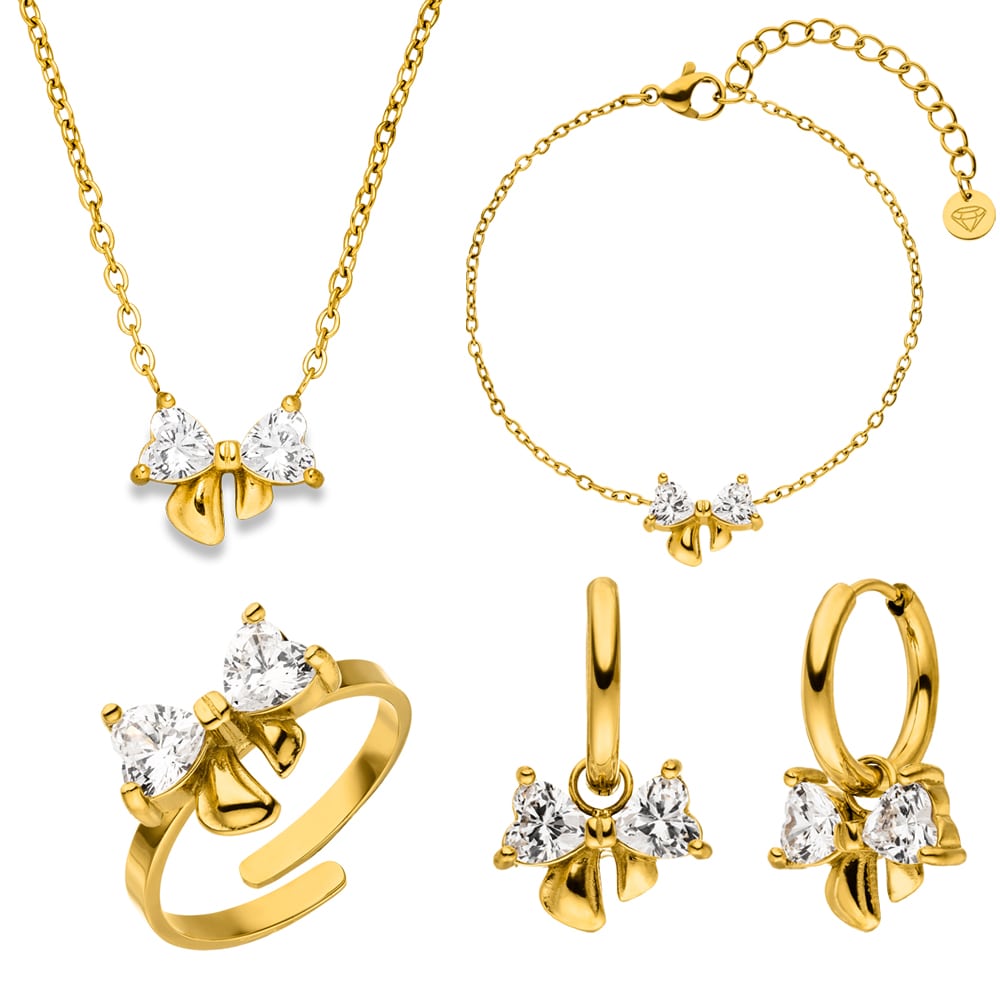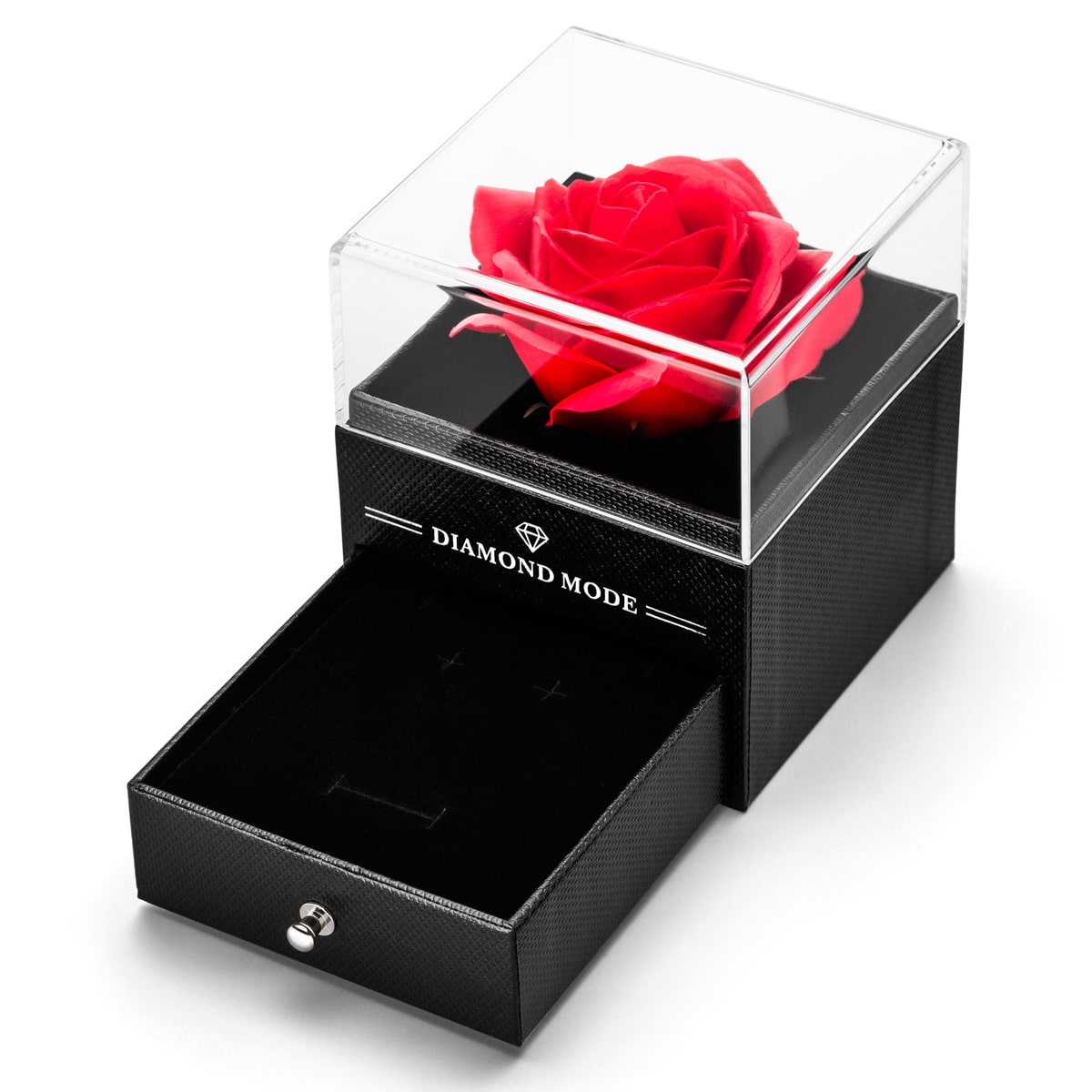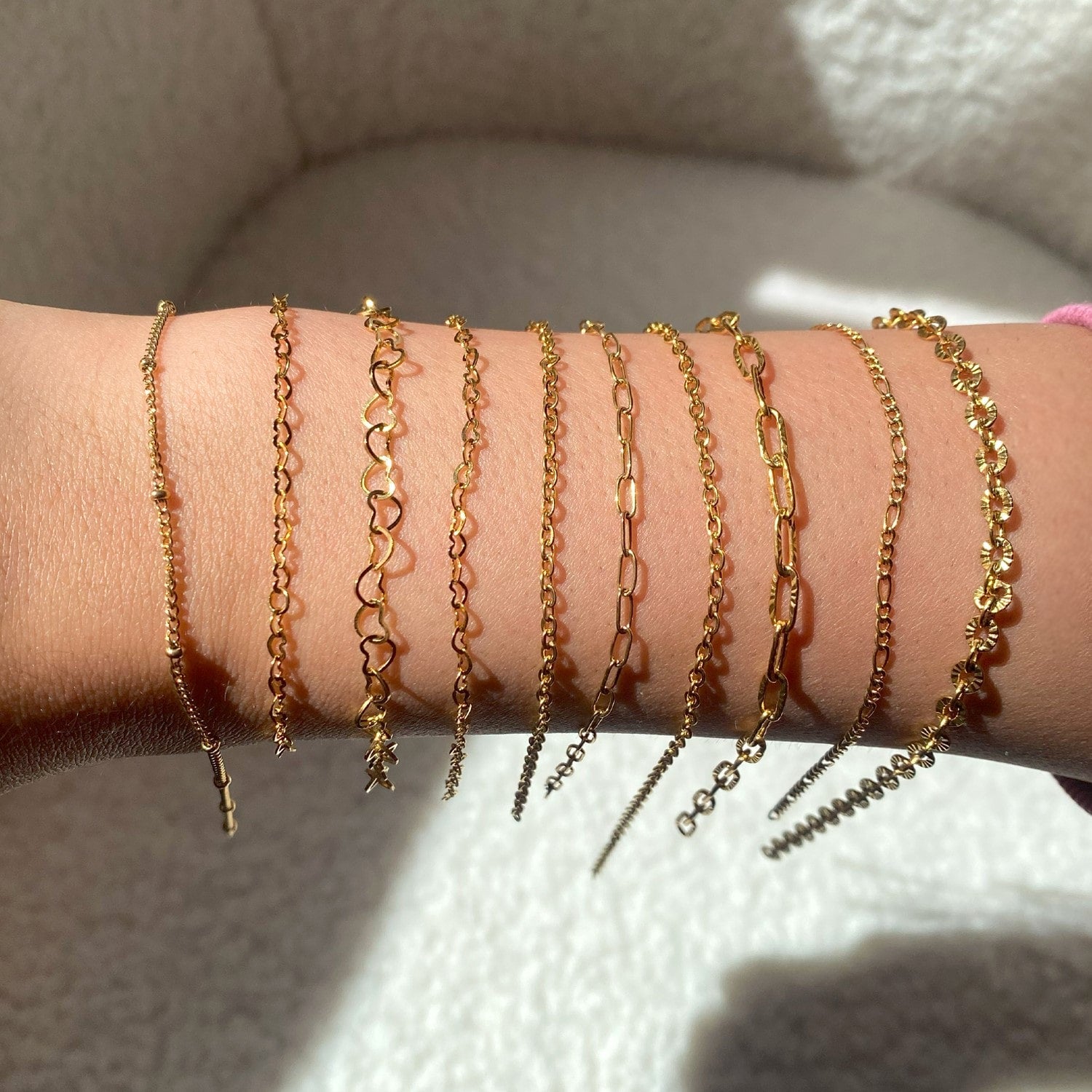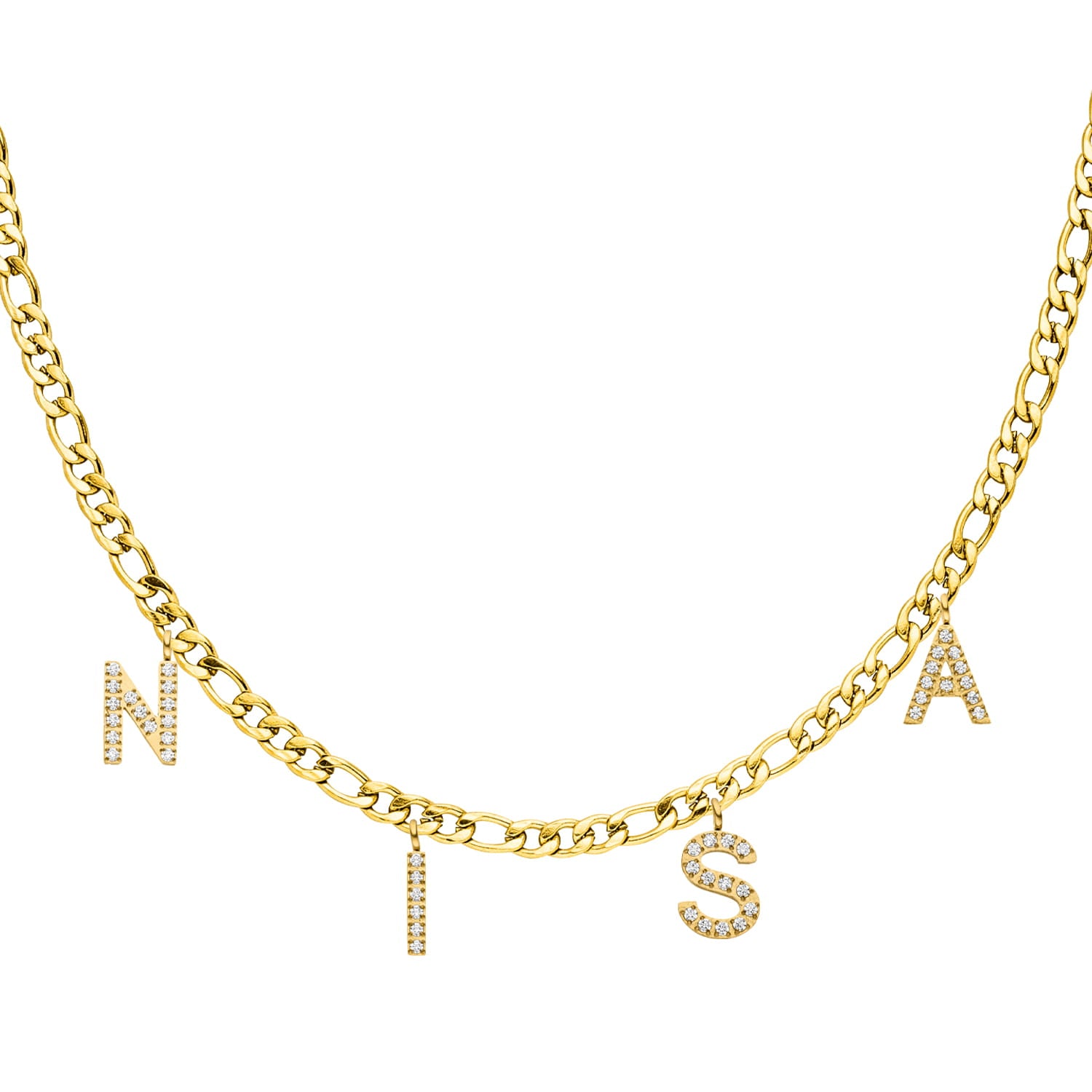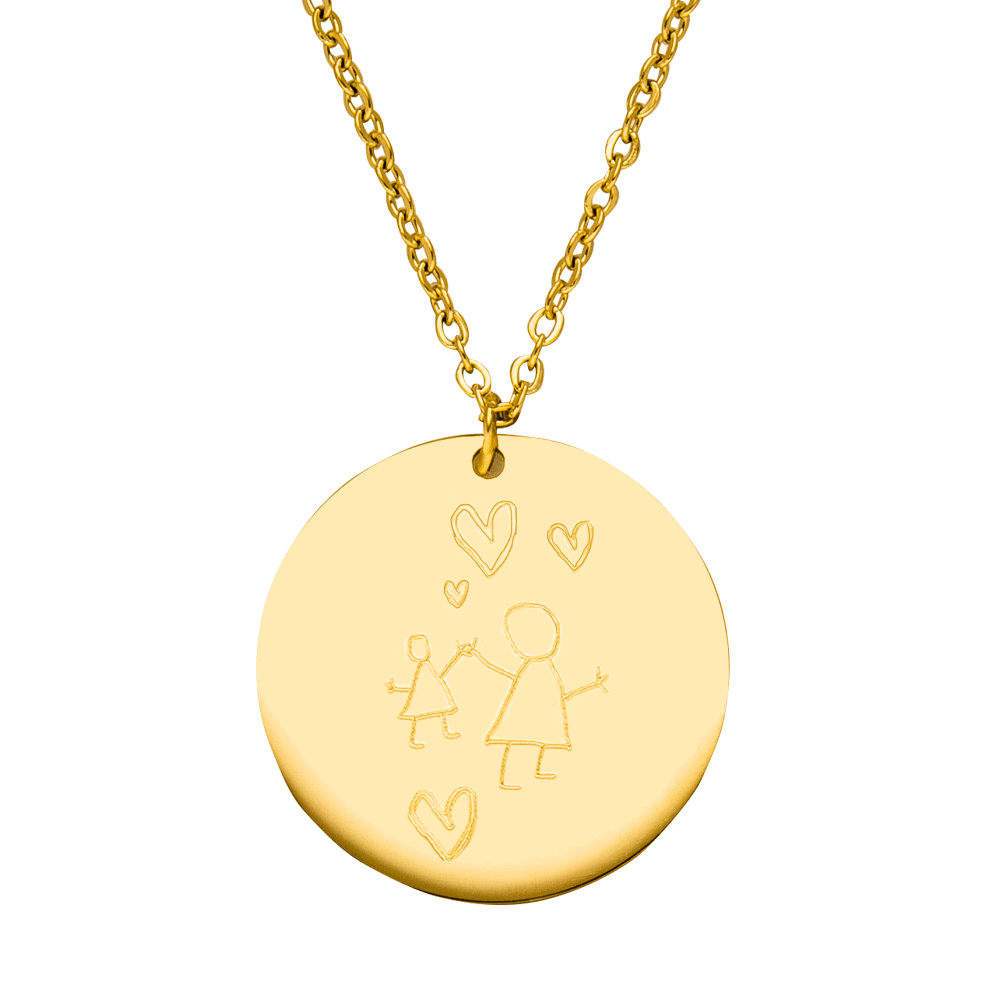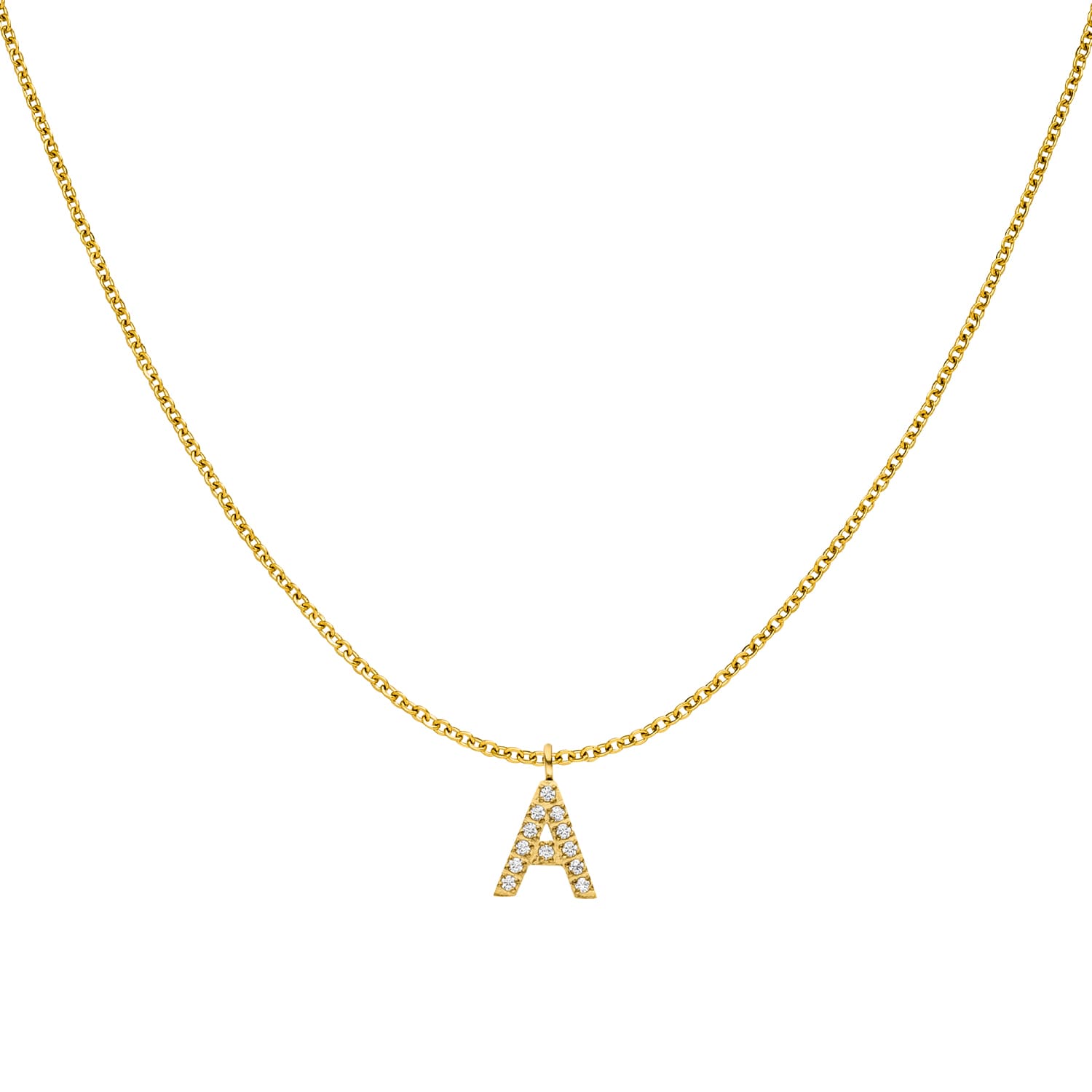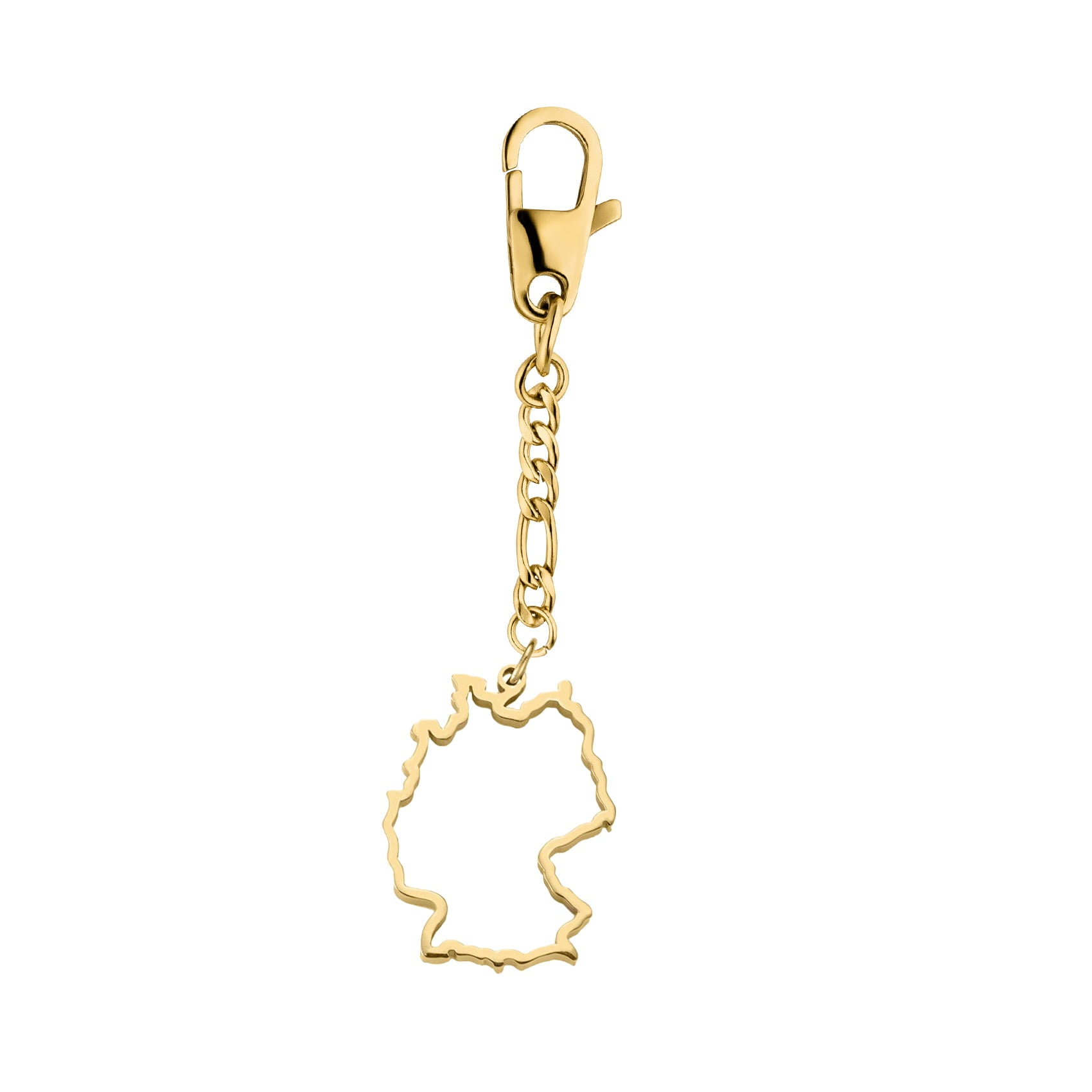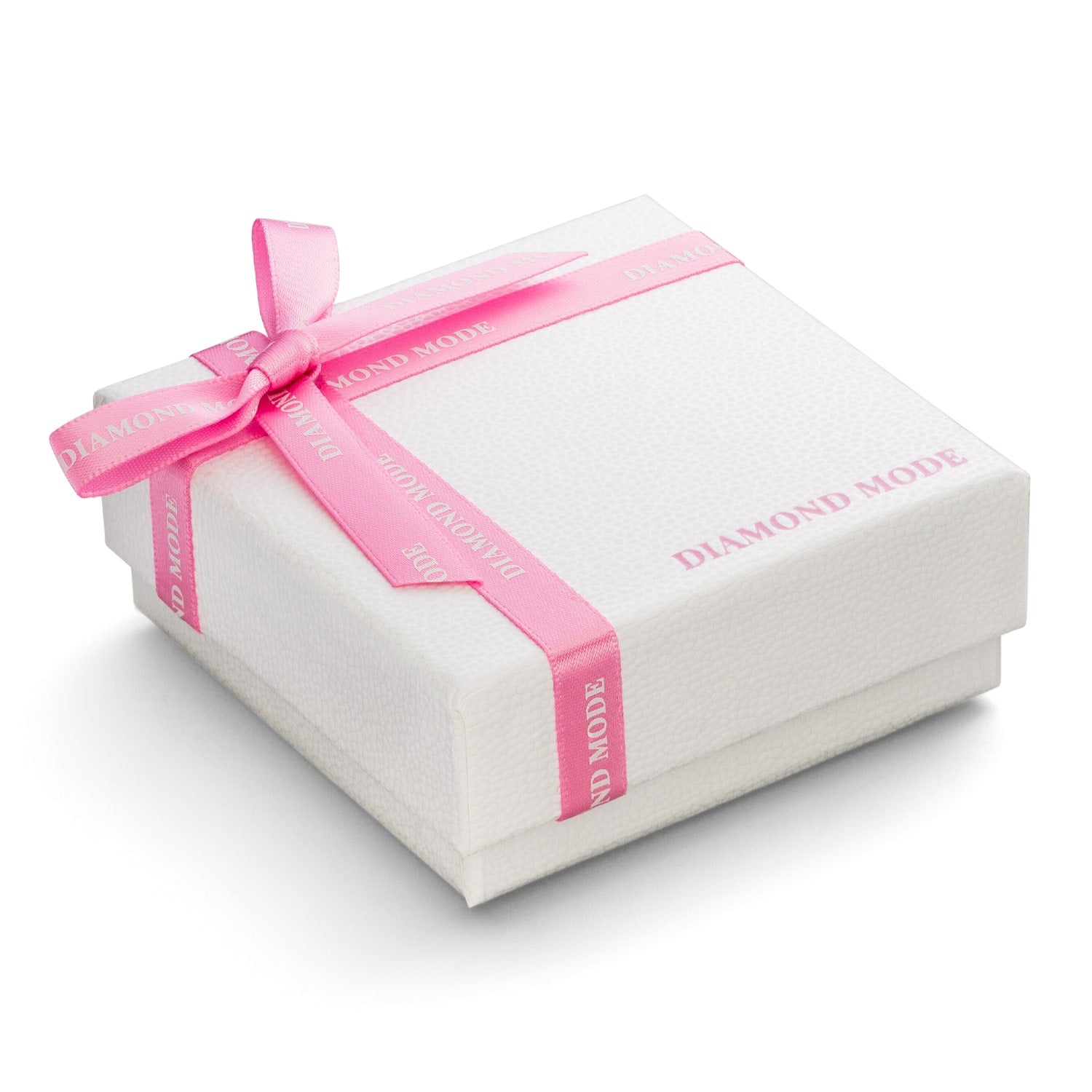A refreshing dip in the pool can be a real treat on a hot summer day. But how does contact with chlorine or salt water affect our beloved jewelry? This question concerns many jewelry lovers, as they naturally want to keep their precious pieces in top condition even after swimming.
Jewelry can be made from different Materials such as silver, gold, precious stones or other metals and Alloys consist. Each of these Materials react possibly different on the Exposure to chlorine or salt water.
Therefore, it is important to understand the effects on the jewelry and to take appropriate care measures.
The most important things in brief:
- Chlorine, as a strong oxidizing agent, can cause chemical reactions with various metals and materials in jewelry, which can lead to discoloration, fading, and loss of luster.
- Salt crystals can get stuck in joints, clasps, or other moving parts of the jewelry and damage it.
- Careful handling of your jewelry and proper care are crucial to keeping your jewelry beautiful for a long time.

How does chlorine affect jewelry?
chlorine can be Jewelry in different ways affect. It is important to note that Chlorine is a strong oxidizing agent and chemical Reactions with different metals and materials in jewelry pieces can.
This can cause jewelry to fade and lose its beautiful shine. Many Jewelry are also available with a thin layer of
- Rhodium,
- Gold
- or silver plated,
to give them a to give special shine or them before to protect against scratches. chlorine can this attack coatings and cause them to wear out or peel off.
Jewelry, the Gemstones or Pearls may also be Chlorine affected Chlorine can Attack the surface of the stones or pearls and impair their brilliance and clarity.
Around the Effects of chlorine on jewelry to minimize, you should try to direct contact between the jewelry and chlorinated water to avoid.
It is recommended to Jewelry before swimming in chlorinated pools to file and only put it back on after swimming.
Would you like to Do not remove jewelry while swimming, you should Jewelry after swimming thoroughly with clean water rinseto remove chlorine residues.
Today, however, there are already many waterproof jewelrywhich you without hesitation at the Wear swimming can.
Discover your new waterproof jewelry at DIAMOND MODE:
Is chlorine bad for silver jewelry?
Yes, chlorine can negative effect on silver jewelry Silver jewelry is sensitive to chemical reactions, and chlorine can react with silver.The reaction can
- to discoloration,
- Start-up
- or dark spots on the silver jewelry.
This mainly occurs when the Silver jewelry exposed to chlorinated water for a long time is.
To the Damage by chlorine on silver jewelry minimize, it is advisable to Jewelry before swimming in chlorinated pools to fileThis avoids direct contact between the silver jewelry and the chlorine.
If you Silver jewelry you have already worn and he in contact with chlorinated water has come, you should after swimming thoroughly with clean water rinseto remove the chlorine.
Expert tip: It is important to note that removing chlorine residues alone may not be sufficient to prevent existing Discoloration of jewelry or contact points. In such cases, you can Use special cleaning products for silver jewelry or have the jewelry cleaned by a professional to restore its original shine. Avoid however aggressive cleaning agents or abrasivesas these can further damage the silver.
Is chlorine harmful to gold-plated jewelry?
chlorine can also harmful for gold-plated jewelry and affect the quality of the gold plating. Gold-plated jewelry consists of a base metal covered with a layer of gold. This Gold layer gives the Jewelry his attractive appearance and his characteristic golden shine.
chlorine is a chemical compound that is often used in swimming pools for disinfection. Contact with gold-plated jewelry Chlorine can Attack gold layer and gradually wear away.
This can lead to Change in color and the appearance of the jewelry lead, which allows him to lose its golden shinet. The base metal beneath the gold layer may also corrode or show signs of wear due to the chlorine.
The Effects of chlorine on gold-plated jewelry can vary depending on the thickness and quality of the gold layer.
- For high-quality gold-plated jewelry, which has a thicker gold layer, the protection against chlorine can last longer.
- However, inferior or thin gold-plated jewelry is at greater risk of damage from chlorine.
To avoid damage to gold-plated jewelry To avoid damage caused by chlorine, it is advisable to remove the jewelry before swimming in chlorinated water to fileIf you plan to go to a pool or swim in the ocean, it is recommended that you store your gold-plated jewelry safely to protect it from contact with chlorine.

How can you avoid chlorine damage?
After a refreshing visit to the swimming pool, it is important to How to clean jewelry properly & maintainto his To maintain beauty and longevityBoth salt and chlorinated water can have various effects on jewelry, from discoloration to plating wear.
To ensure that your jewelry remains in the best condition, there are some simple care measuresthat you after swimming you can consider.
1. Rinse the jewelry thoroughly with clean water:
After swimming in chlorinated water, you should Jewelry immediately with clean water rinseto identify possible residues of chlorine or other chemicals removeBe sure to rinse all parts of the jewelry thoroughly to ensure no harmful substances remain.
2. Avoid contact with cleaning agents and chemicals:
Use no aggressive cleaning agents, abrasives or chemicals to clean your to clean jewelryThese can damage the jewelry and scratch its surface or change its color. It is advisable to use special jewelry cleaning products or seek advice from a specialist.
3. Dry the jewelry thoroughly:
After you have Jewelry rinsed, you should dry thoroughlybefore putting it back on or storing it. Use a soft, lint-free clothto gently dry the jewelry. Pay particular attention to removing any moisture in the spaces of links or connections to removeto avoid oxidation or corrosion.
4. Store your jewelry properly:
To your Jewelry before
- scratches,
- Complications
- or damage, it is important to protect your Store jewelry properly.
Use jewelry box or storage bags with soft lining to protect the jewelry from friction or impact.
Hold different pieces of jewelry separated from each otherto a Tangling or scratching to avoid.
5. Regular cleaning and maintenance:
Depending on the type of jewelry, it may be advisable to to clean regularly and wait Some Jewelry can be from a professional cleaning and inspection at Jewelers benefitto ensure they are in perfect condition.
Expert tip: You can also use gentle cleaning methods at home, such as wiping with a soft cloth or using special cleaning products for the specific type of jewelry.
How do I care for my jewelry after swimming?
If you have worn your jewelry in the pool, you should take good care of it afterward so that the chlorine has no chance of damaging your jewelry.
With simple but very effective tips, you can remove chlorine from your jewelry and keep it looking like new for as long as possible.
1. Rinse the jewelry thoroughly with clean water
Immediately after swimming, rinse your jewelry thoroughly with clean water to remove any residue from chlorine, salt, or other chemicals. Make sure to rinse all parts of the jewelry to ensure no harmful substances remain.
2.Use mild soap or special jewelry cleaners
If the jewelry is particularly dirty, you can use a mild soap or special jewelry cleaner. Apply a small amount to a soft cloth or brush and gently clean the jewelry.
Make sure to rinse the jewelry thoroughly and remove any cleaning agent residue.
3. Dry the jewelry thoroughly
After cleaning your jewelry, it's important to dry it thoroughly before wearing it again or storing it. Use a soft, lint-free cloth to gently dry the jewelry.
Pay special attention to removing any moisture in the spaces between links or connections to prevent oxidation or corrosion.
4. Store your jewelry properly
Proper storage is crucial to protecting your jewelry from damage. Use jewelry boxes or storage bags with soft lining to protect your jewelry from friction, scratches, or bumps.
Keep different pieces of jewelry separate to avoid tangling or scratching.
5. Maintenance and inspection
Depending on the type of jewelry, it may be beneficial to have it serviced and inspected regularly by a professional or jeweler. A professional cleaning service can remove stubborn dirt or damage and ensure the jewelry remains in optimal condition.

What about jewelry and salt water?
When it comes to Jewelry and salt water There are some important things to consider. Salt water can affect jewelry in various ways, and it is important to to take precautionsto identify possible to prevent damage.
1. First, salt water particular Metals influence and to Corrosion. Jewelry made of metals such as
- Iron,
- copper
- or brass are particularly susceptible to this effect.
The salt water reacts with these metals and can cause the Jewelry changes color, starts or even rusts.
It is therefore advisable to remove such jewelry before swimming in the sea or in salty waters to avoid possible damage.
2. Secondly, salt crystals or other residues in salt water may remain on the surface of the jewelry. These residues can Jewelry matte or cloudy To prevent this, it is important to rinse the jewelry thoroughly with clean water after swimming in salt water.
Make sure to check all corners and Clean the spaces between the jewelryto remove any residue. Do not use hot water or harsh cleaning agents, as this could further damage the jewelry.
Additionally, salt crystals can get stuck in joints, clasps, or other moving parts of the jewelry and damage it. These particles can cause friction or jam the jewelry.
Therefore, it's important to carefully inspect your jewelry after exposure to salt water and remove any contaminants. Use a soft cloth or brush to gently clean the jewelry and ensure no residue remains.
Discover your new waterproof jewelry at DIAMOND MODE:
Conclusion
Overall, it can be said that contact of jewelry with chlorine or salt water can have various effects. Chlorine, as a strong oxidizing agent, can cause chemical reactions with various metals and materials in the jewelry, resulting in
- discoloration,
- fading
- and loss of shine.
In addition, rhodium, gold, or silver plating can be attacked by chlorine, causing it to wear off or flake off. Gemstones and pearls can also be affected, as chlorine reduces their brilliance and clarity.
It is advisable waterproof jewelry to buy, which was made with elaborate gold plating and robust base material.
FAQ
How do you recognize chlorine damage to jewelry?
Chlorine damage to jewelry can manifest itself as discoloration, dull surfaces, or plating wear. A piece of jewelry may lose its shine or develop stains. It's important to check your jewelry regularly to detect such signs early and take appropriate action.
What do I do with my jewelry at the beach?
It's best to remove your jewelry at the beach to avoid potential damage from sand, salt water, or sunscreen. Carry a sealable bag or small jewelry box with you to safely store your jewelry. This way, you can protect it and put it back on after your visit without damage.
Get inspired and browse through our other articles.



